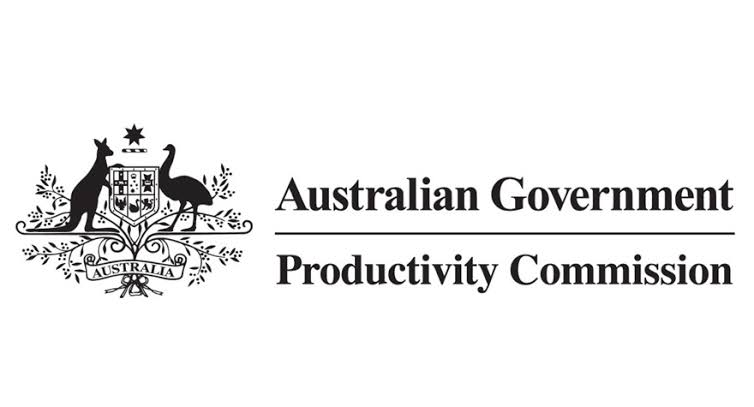Suicide Prevention Australia gives evidence at Productivity Commission Inquiry
Suicide Prevention Australia gave evidence at the Productivity Commission’s public hearing in Sydney. We supported the Commission’s recommendations dealing with whole of government collaboration, aftercare, and digital modes of improving access.
Our key points included:
• Whole of Government reform: All levels of Government must collaborate and pool funding to relieve the burden of mental ill health and suicide on our community. It doesn’t make sense to have multiple systems and streams for mental health funding and oversight. The Ministers of Health have confirmed they will enter into a new National Mental Health and Suicide Prevention Agreement. The Agreement is set to be finalised early 2020. We also need to see practical mechanisms put in place to put the Agreement into action. These should include requiring an assessment of mental health and suicide prevention impacts as a compulsory stage in the Cabinet submission process.
• Digital focus: The emphasis on alternative modes of delivery, particularly digital, is also something we support. In particular, Australians in rural and remote communities lack access to critical support services. Offering services by digital means will help address access issues. We note also that many of the Commission’s assessments do not necessarily reflect the capabilities of the modern digital environment. Digital technology should not be used only to connect clinicians with patients – but as the prime mechanism for practical support. We see this, for example, with the success of ReachOut which provides thousands of young Australians with a safe space for mental health support.
• Aftercare: It is well established that those who’ve made a first attempt at suicide are at greatest risk of attempting again, especially within six months of the attempt. Suicide attempt survivors often receive inadequate follow up. This is often because our public health system is under pressure. Taking up the Commission’s ideas on aftercare will mean we provide a continuum of care to people who need it most.
We also raised additional areas for the Commission to consider in its final report:
• providing a clear, signposted roadmap for reform along the lines of the World Health Organisation’s three pronged model for suicide prevention
• the need to collect and share accurate, reliable and timely data on suicide deaths and social determinants of suicide;
• the benefits of a national, sector-led accreditation scheme to lift the quality and standards of the sector; and
• a comprehensive suicide prevention workforce strategy, supported by practical, scale-able measures to address urgent training gaps.



Comments are closed.